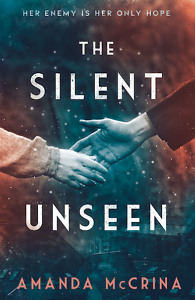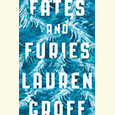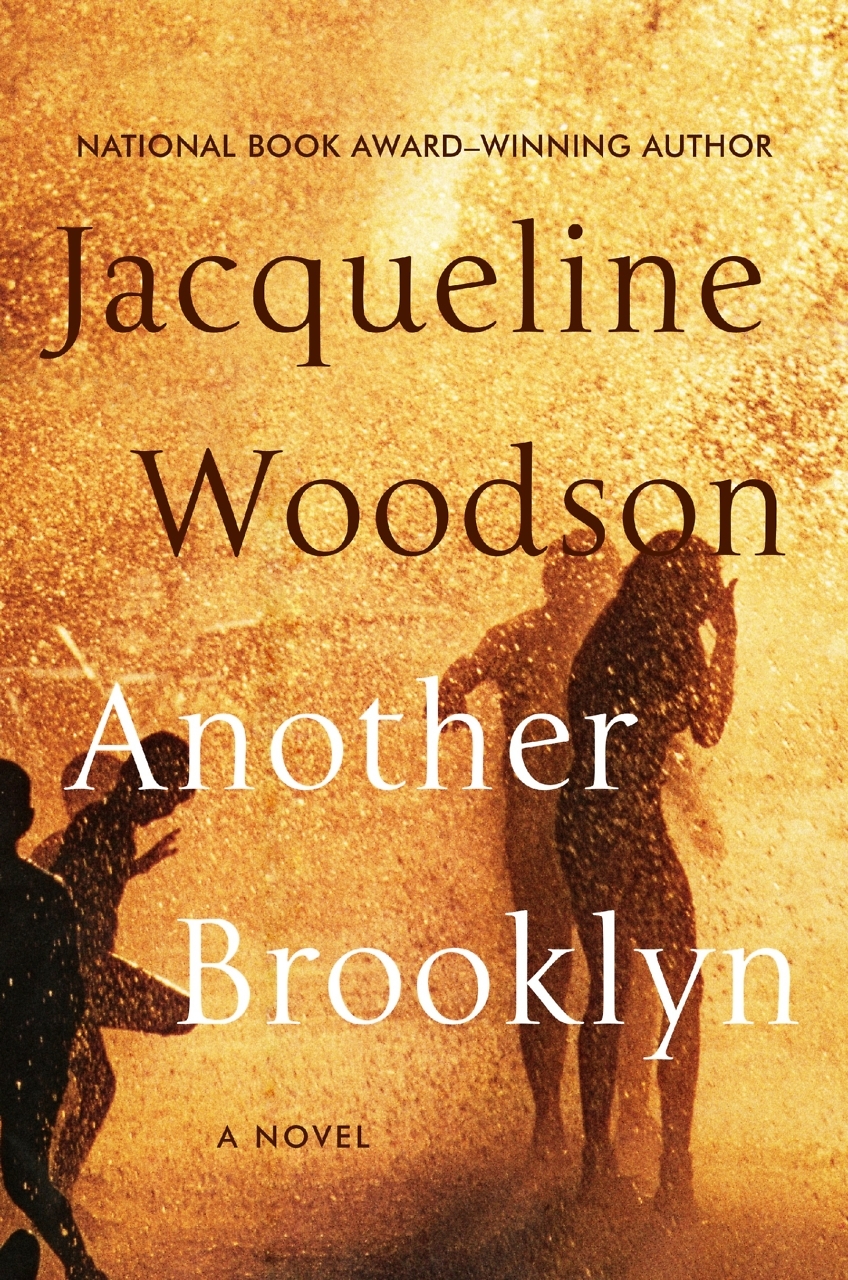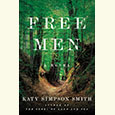Everyone a Soldier
Historical novelist Amanda McCrina returns to WWII
Franklin writer Amanda McCrina’s The Silent Unseen grew out of the research for her previous World War II novel, Traitor, and a burning question it inspired. In an author’s note for the new book, she writes, “After ‘liberation,’ what happened to the millions of Eastern Europeans — many of them children, some as young as ten — who were taken by the Germans for use as a massive slave labor force in German factories and on German farms?” McCrina set out to find the answer.

The Silent Unseen takes place in late July 1944. By that time, the war in Europe has been raging for nearly five years. According to the historical note at the front of the book, “German forces are being pushed back on both fronts. Britain and the United States have gained a foothold in France. The Soviet Red Army, with the help of the Polish Resistance, is advancing through Poland.” The Germans retreat west, and the Soviets consolidate power in Poland by disarming and arresting Polish Resistance soldiers while also beginning a brutal campaign on the Ukrainian Insurgent Army, known by the Ukrainian acronym UPA.
The novel centers around two main characters: Maria, who is Polish, and Kostya, who is Ukrainian.
Maria Kaminska spent two and a half years as an Ostarbeiter, a slave worker forced to perform labor for Germany in Rüsselsheim. Now, she is making her way home to Bród, Poland, to find her parents and her brother Tomek. She has no proof that anyone in her family is still alive, nor does she know if Bród still exists as it once did, but she has nowhere else to go and she has to know what happened.
Kostyantyn “Kostya” Lasko is also making his way home to Bród after two and a half years as a courier for the UPA, which serves as the army of the Ukrainian nationalist movement. The UPA fought at various times against the Soviets, the Germans, and the Polish Resistance, but their goal was to “carve out an independent Ukraine from Poland’s disputed southeastern borderlands.” The courier job is highly dangerous, and Kostya wants out. He needs to know what happened to his mother and sisters, whom he believes are still in Bród.
 When Maria makes it home to Bród, now in ruins, and witnesses the torture and wounding of Kostya by Soviet NKVD officers, she saves his life only to discover that he is with the UPA, the enemy. But these days everyone is an enemy, and it’s hard to know who to trust. When Maria leaves Kostya to find help, she is reunited with Tomek, who is now a squad leader in the Polish Resistance. Kostya effectively becomes a prisoner of war, and Maria is forced to consider how much a person’s nationality or political allegiance matters. This is war. Everyone’s number one goal is to survive, no matter the cost. Can Maria blame Kostya for his questionable past? Once Maria learns that UPA was responsible for the burning of the city nearest hers, she could only look at Kostya “and see my murdered parents. I would look at him and see what his people had done to mine.”
When Maria makes it home to Bród, now in ruins, and witnesses the torture and wounding of Kostya by Soviet NKVD officers, she saves his life only to discover that he is with the UPA, the enemy. But these days everyone is an enemy, and it’s hard to know who to trust. When Maria leaves Kostya to find help, she is reunited with Tomek, who is now a squad leader in the Polish Resistance. Kostya effectively becomes a prisoner of war, and Maria is forced to consider how much a person’s nationality or political allegiance matters. This is war. Everyone’s number one goal is to survive, no matter the cost. Can Maria blame Kostya for his questionable past? Once Maria learns that UPA was responsible for the burning of the city nearest hers, she could only look at Kostya “and see my murdered parents. I would look at him and see what his people had done to mine.”
Tomek, after interrogating Kostya, devises a plan to approach Kostya’s superiors back in Lwów to negotiate an allegiance so that the Polish Resistance and the UPA can team up to fight against the Soviets. After finally being reunited with her brother, Maria is forced to say goodbye to him again. But when Tomek does not return, she and Kostya, unlikely allies, set out to find him.
McCrina expertly navigates the tangled web of ever-shifting allegiances during the chaos of World War II, making the minutia of war accessible to even the most unknowledgeable readers of history. There are many different forces of power fighting — Soviets, the UPA, the Polish Resistance — and even more with stakes in the war from afar, including the United States and Britain. Nearly every force has enemies on all sides, but in The Silent Unseen, these enemies can sometimes also be the unlikeliest of allies, and civilians like Maria become essential in the war against injustice.

Abby N. Lewis is a part-time desk assistant for the North Knoxville Library and an adjunct English instructor at ETSU. She is the author of the poetry collection Reticent and the chapbook This Fluid Journey.


